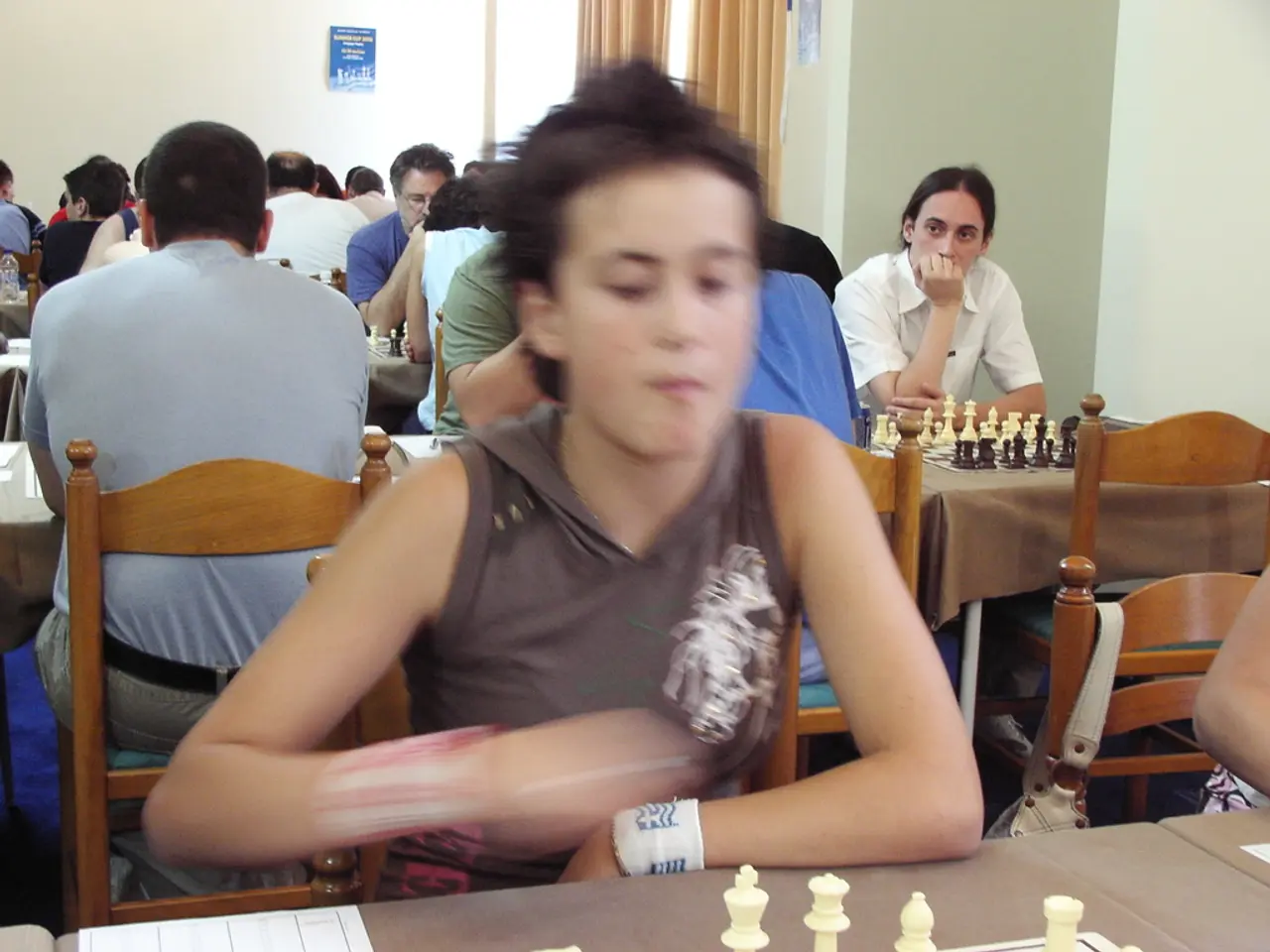Berlin Residence Linked to Chekhov, Allegations Suggest Putin's Spy
In the heart of Berlin, on Friedrichstraße, stands the Russian House, a cultural institution that has been a part of the city's landscape since 1984. Built by the DDR and inspired by modernist architecture in the Soviet Union, the Russian House has been a hub for Russian-speaking guests, including a significant number of Ukrainians, for over three decades.
However, recent years have seen a shift in the perception of the Russian House, with accusations that it serves as a propaganda platform for Russian imperial policy and misinformation, particularly regarding the war in Ukraine. Ukrainian activists and pro-Ukraine groups have been vocal in their demand for its closure, arguing that while Russia continues military aggression in Ukraine, the Russian House in Berlin acts as a cultural front that effectively promotes Russian propaganda and potentially violates EU sanctions.
In 2023, German politician Volker Beck filed a formal complaint against the Russian House for spreading Russian propaganda. Investigations against its diplomats were initially suspended due to diplomatic immunity, but the Berlin Prosecutor General's Office is continuing to investigate other potential violations involving the Russian House, including possible breaches of the Foreign Trade and Payments Act.
Despite the ongoing controversy, the Russian House continues its cultural activities. Currently, it is hosting ten exhibitions, some for three months, others for a year, and one for an extended period. Around 30 events take place each month, and 500 people are learning Russian on-site or online simultaneously. The Russian House welcomes approximately 200,000 visitors annually, and it employs 60 staff members.
The Russian House also undergoes regular renovations, with around 200,000 to 300,000 euros invested in step-by-step renovation. The money for these renovations comes from the state budget. Pavel Izvolskiy, the director of the Russian House, asserts that the house is "actually doing zero propaganda."
The case of the Russian House in Berlin reflects broader tensions in Germany regarding Russian influence and the war in Ukraine. Berlin MP Alexander Freier-Winterwerb (SPD) and Bundestag MP Robin Wagener (Greens) have spoken out in favor of closing the Russian House. However, the Federal Republic is currently fulfilling its legal obligations under the 2013 cultural institute agreement by paying the ground rent for the Russian House.
Alexander Schmorell, a member of the anti-fascist resistance group "White Rose," was born in 1917 in Orenburg, Russia. An exhibition about Schmorell is currently on display on the ground floor of the Russian House. Despite the controversy surrounding the institution, no entrance fee is charged for film screenings and lectures, only for a few events like theater performances.
The Rossotrudnichestvo agency ensures the work of the Russian House, but it is not its carrier. Approximately half of the visitors are native Russian or German speakers. Headlines such as "Putin's propaganda palace right in the middle of Berlin," "Russian House in Berlin on sanctions list," and "Kremlin propaganda center simply allowed to continue" have been common in recent years, reflecting the ongoing debate about the role and purpose of the Russian House in Berlin.
[1] Source: Various news articles and reports on the controversy surrounding the Russian House in Berlin.
- The Russian House, a cultural institution in Berlin, has been a hot topic in general news, particularly over allegations that it functions as a platform for Russian propaganda, especially regarding war-and-conflicts like the one in Ukraine.
- Amidst this controversy, the Russian House continues to engage in cultural travel activities, hosting various exhibitions, such as one dedicated to Alexander Schmorell, a Russian-born member of the anti-fascist resistance group "White Rose."
- Despite demands from Ukrainian activists and German politicians for its closure, the Russian House, which undergoes regular renovations, remains operational, employing a staff of 60 and attracting around 200,000 visitors annually.
- The case of the Russian House highlights broader tensions in Germany, with discussions in politics about Russian influence and the ongoing war in Ukraine.
- Cross-cultural interactions at the Russian House are not limited to Russians and Germans, with sports-betting and crime-and-justice being subjects of interest for some of its visitors, showcasing the diverse nature of its cultural offerings.




